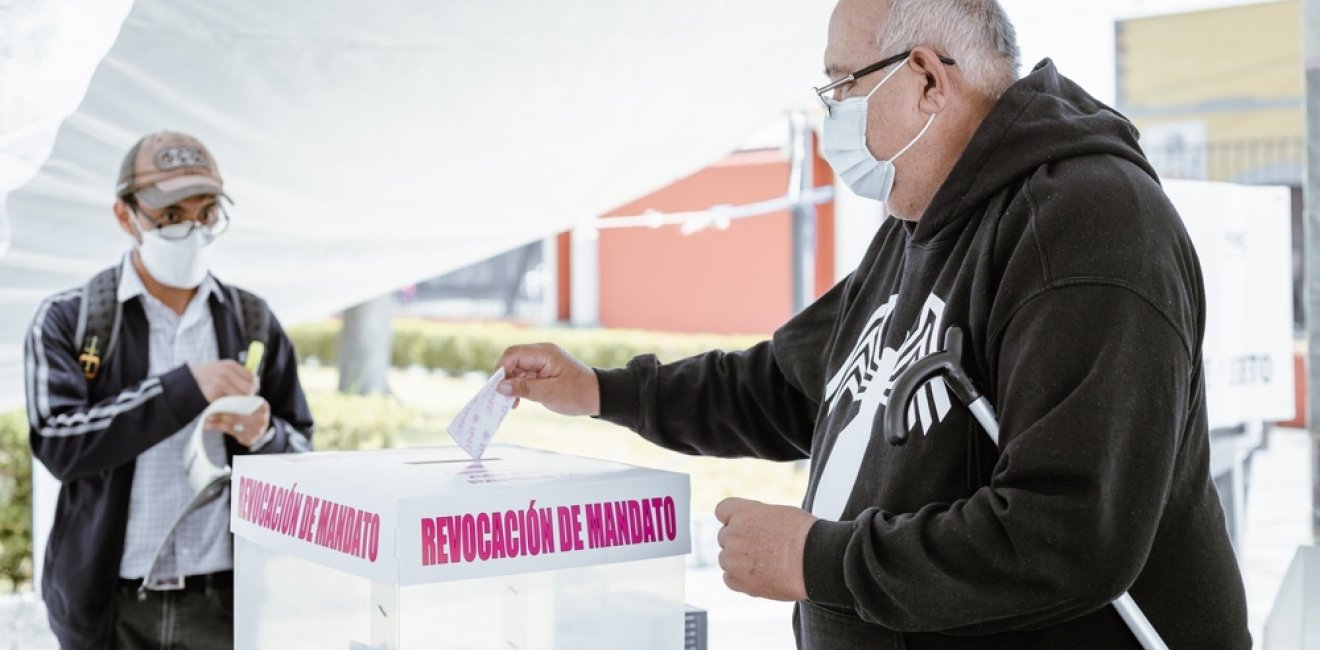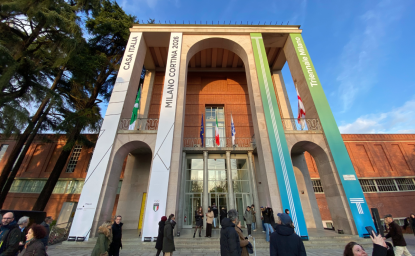
There is no doubt that one of the still unachieved dreams of Andres Manuel López Obrador is to extend its so-called transformation to the electoral system. During its period he has tried at least three times, Plan A, B and C. Plan A and Plan B did not go through, and the former was presented in February 2024.
Even though each of these attempts is different, some things remain unchanged: its core intentions, allegedly to reduce expenditure in the electoral arena and to make more “democratic” the electoral system.
In order to achieve this, AMLO´s proposal plans to concentrate all the electoral functions in its national authorities eliminating all the local structures, both administrative and judicial, reducing the number of electoral Counsellors from 11 to 7 and the length of their period from 9 to 6 years, to eliminate the representatives now elected by the principle of proportional representation, limit the number of local representatives in each state, cut in half the public funding given to political parties and to strength the use of the recall election for Presidency.
If we look at the electoral reality in México, at first sight we might think that some of these changes are necessary or, at least, justified. Mexican political parties are -pretty much like political parties everywhere- immersed in a profound representation crisis, involved in regular corruption scandals and are rightfully accused of being too “expensive”, a claim also made for the electoral organisation systems as a whole. Also, if we conduct a performance review of the local electoral organs, we might find they often are biassed towards the ruling party in each state, their resolutions are poor, and they lack the autonomy and legitimacy required for the job.
Even further, if we take a deep look at the electoral system there is no doubt the rules and regulations are exhausted and there is a serious need for reform. None of the multiple rules regarding accountability, budget and expenditure overseeing, or the regulation regarding the limits to participation and speech of public officers and private citizens have efficiently prevented or deterred the commission of multiple illegalities. As the past election taught us, political actors, corporations and other groups of interest have learned how to cheat the system and, partly due to the political conflict and polarisation, these have been condoned and overlooked even by fearful electoral authorities which have been in more than one occasion kidnapped by political interest though the designation of its officers.
Still, despite all its imperfections, these electoral rules and regulations have at least three virtues: were the result of demands (some of them made by AMLO on the 2006 electoral aftermath) of various political parties, social and political movements throughout the years, tended towards achieving equality and pluralism between all political forces as well as acknowledging the power of popular vote. And, last but not least, most of them were passed with the work, dialogue and consensus of all forces.
AMLO´s reform lacks these three factors. There are not the expression of popular demands or political claims, they do not arise from the opposition but from the ruling party, they demolish the political pluralism with the elimination of disputes elected by the proportional representation system and the disappearance of the local political structures and are most likely to be approved with the same procedure we have witnessed with other of his reforms: without taking into account the voices of the academia, the ONGs or any other group of person he and his comrades considers “opposition”.
In addition, it brings to the electoral arena, which was built during the democratic transition years as an independent structure, far from the executive and legislative branches and which at least had the pretension to be a technical regulatory organ, with a professional civil servant career and a great degree of autonomy the most pernicious disruption; its conversion into a political organ. The popular election of Counsellors and electoral judges will turn them into full blown (it will be naive to think they are not, in some way, political figures even if they do are not elected by popular vote) politicians, that will have to seek funding, campaign and make promises not only to “the people”, but to other powers, political and private, legal and illegal, in order to get their support. The problems are at eyesight, the benefits are not yet to be found.
Even though the soon to be President Claudia Sheinbaum has paused this reform momentarily, it is clear that even after stepping down, it is clear that AMLO will still push for its enactment as soon as possible. As it is happening right now with the judicial reform, AMLO, as the bride did in Kill Bill, has an ancient “kill list” with the electoral institutions written on it. And he is not likely to forgive and forget.
Author



